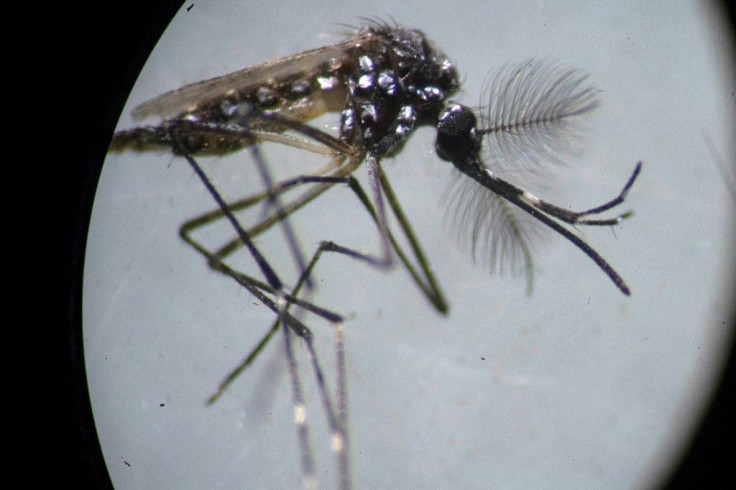750 million genetically modified mosquitoes have been approved for release in the Florida Keys in 2021
The project was developed and approved in an effort to cull mosquitoes carrying deadly diseases such as Zika, dengue,yellow fever and chikungunya
750 million genetically modified mosquitoes are set to be released in the Florida Keys in an effort to cull deadly disease carrying species. Authorities from the Monroe County Mosquito Control District approved the pilot project on a timeline set for 2021 and 2022 .
The project is designed as a test to use the genetically modified mosquitoes as a better alternative to insecticides to control the deadly Aedes aegypti species of mosquito. The notorious species is known to carry several deadly diseases such as dengue, Zika, yellow fever and chikungunya.
Despite loud objections from local residents and other environmental advocacy groups, the project won state and federal backing as well as the approval of the Environmental Protection Agency last May.
According to reports from CNN, the special breed of mosquitoes has also been approved to be released in Harris County, Texas at the start of 2021.
The genetically modified buzzers were developed by Oxitec, a US-owned, British based company which named the mosquitoes OX5034. Its genetics have been deliberately altered to produce female only offspring that die off in its larval stage. This ensures the insects will die before they hatch and grow at a stage they are large enough to bite, infect and spread any disease. Female mozzies are the only ones that bite and suck blood, which is a crucial component to help their eggs mature. Males only feed on nectar and not blood, making them not guilty of being disease carriers.
After years of investigating the impact of the introducing these lab mosquitoes on human and environmental health, the EPA finally granted Oxitec's request for the test run.
Upon receiving the green light in May, Oxitec CEO Grey Frandsen said:
"This is an exciting development because it represents the ground-breaking work of hundreds of passionate people over more than a decade in multiple countries, all of whom want to protect communities from dengue, Zika, yellow fever, and other vector-borne diseases."
The agency however requires Oxitec to notify state officials at least 72 hours prior to its scheduled release of the mosquitoes. They have also asked them to conduct continued tests for a period of 10 weeks to make certain that no female mosquitoes reach the stage of adulthood.
Despite its approval, opposing sides think the project is a waste of public funds. In a released statement from Jaydee Hanson, policy director for the International Centre for Technology Assessment and Centre for Food Safety, said:
"With all the urgent crises facing our nation and the State of Florida — the Covid-19 pandemic, racial injustice, climate change — the administration has used tax dollars and government resources for a Jurassic Park experiment."
A petition filed with Change.org garnered 230,000 signatures with critics arguing that the project could cause harm to already threatened and endangered species of animals that feed on mosquitoes.

© Copyright IBTimes 2025. All rights reserved.



















